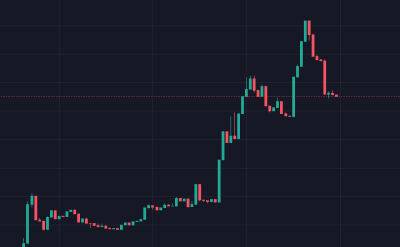Crypto incubators have a responsibility to maintain fiscal discipline
Contrary to popular belief, a bear market provides ideal conditions for startup founders and developers to work on technological innovations. The absence of market frenzy and speculative investing helps startups to focus on the fundamentals, which are beneficial in the long run. However, bear markets dry up capital sources, and liquidity becomes the proverbial mirage of an oasis in the desert sand. Thus, startups turn toward incubators who become messiahs with their network of angel investors and venture capitalists.
As incubators hold the key to funding, they are powerful enough to make or break a crypto startup. And, as Marvel’s Spider-Man reminded us, “With great power comes great responsibility.” Incubators, therefore, play a crucial role in guiding startups to adhere to crypto regulations to maintain fiscal discipline. To this end, mentoring and advisory support helps startups to navigate the tricky terrain of law while generating profits for investors.
But why do incubators need to focus on fiscal discipline? The answer lies in the past.
The philosopher George Santayana said, “Those who cannot remember the past are condemned to repeat it.” Incubators have much to learn from the 2017 initial coin offering (ICO) craze to avoid the same mistakes in 2022.
Crypto startups flooded the market in 2017, with ICOs generating quick money for new companies. However, the United States Securities and Exchange Commission (SEC) came down heavily on crypto startups in applying the Howie test used for traditional securities.
A later report found that 80% of 2017 ICOs were scams, and crypto’s legitimacy took a hit. But to be fair, there was an absence of crypto incubators to guide startups in the right direction.
Related: CFTC action
Read more on cointelegraph.com

 cointelegraph.com
cointelegraph.com



















